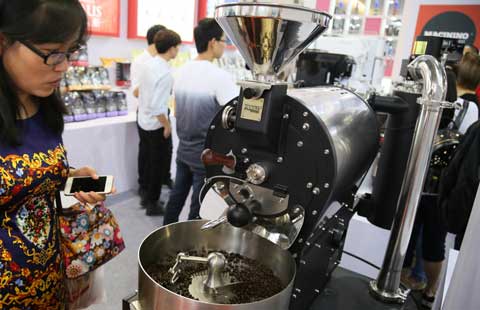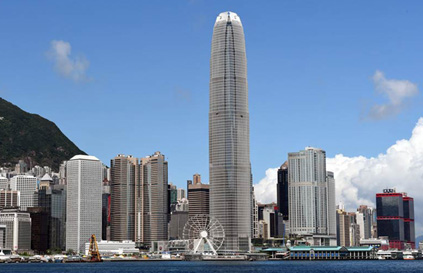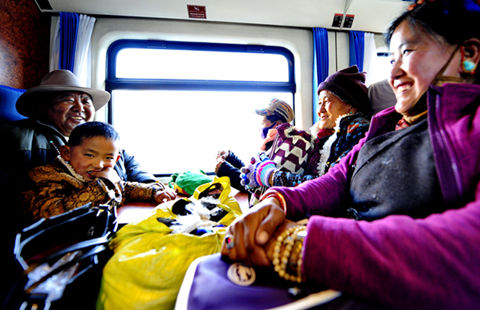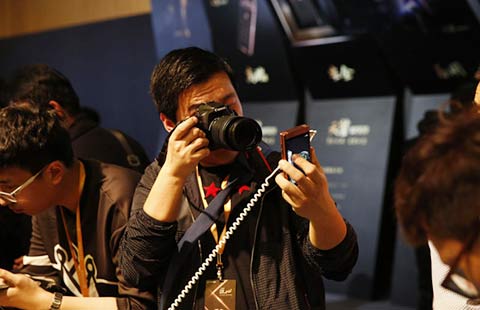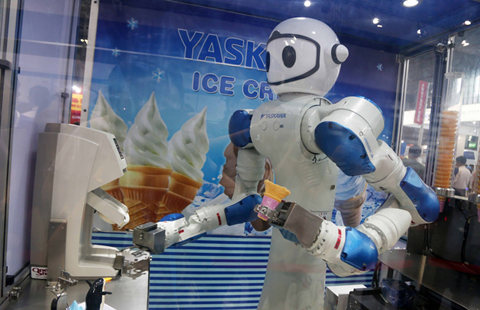China to see moderate recovery in 2013: economist
(Xinhua) Updated: 2012-12-06 17:23The third reason for the recovery is the end of the de-stocking. There were many reports of excessive capacity and the buildup of inventory in many sectors earlier this year. But as some sectors began to recover, the de-stocking momentum has faded and the de-stocking will probably end next year, she said.
Wang also said the improvement of Chinese export in the last two or three months is unlikely to continue given the uncertainties remaining in the Euro-zone and in the US regarding the fiscal cliff.
"So, in other words, the recovery in China is not going to be an export-led recovery, but mainly a domestically-led recovery."
As to the inflation, Wang expected inflation to pick up from the fourth quarter this year, and rising inflation is mainly driven by another food cycle and rising prices of commodities and grain. She also predicted that the Chinese government will continue pushing forward some of the price reform, in such areas as utilities.
"So we expect CPI inflation to average at about 3.5 percent next year, compared to 2.7 percent this year," she said.
Wang also believed that there would be no more interest rate cut in the coming year. "If anything, we see a risk of possible interest rate hike in the second half of 2013, as inflation rises above 3.5 percent. The benchmark deposit rate right now is at 3 percent, so if the inflation rise above 3.5 percent, there would be a risk for interest rate increase," she added.
Special coverage:
- A taste of coffee at exhibition in Beijing
- China's mobile manufacturers quickly catching up with big names
- Chinese vice premier urges trade competitiveness improvement
- China remains top buyer of US real estate
- Mild inflation creates room to boost economy
- Service robot for elderly promising
- G20 economies to improve global trade governance: Statement
- Mavericks face Skepticism

